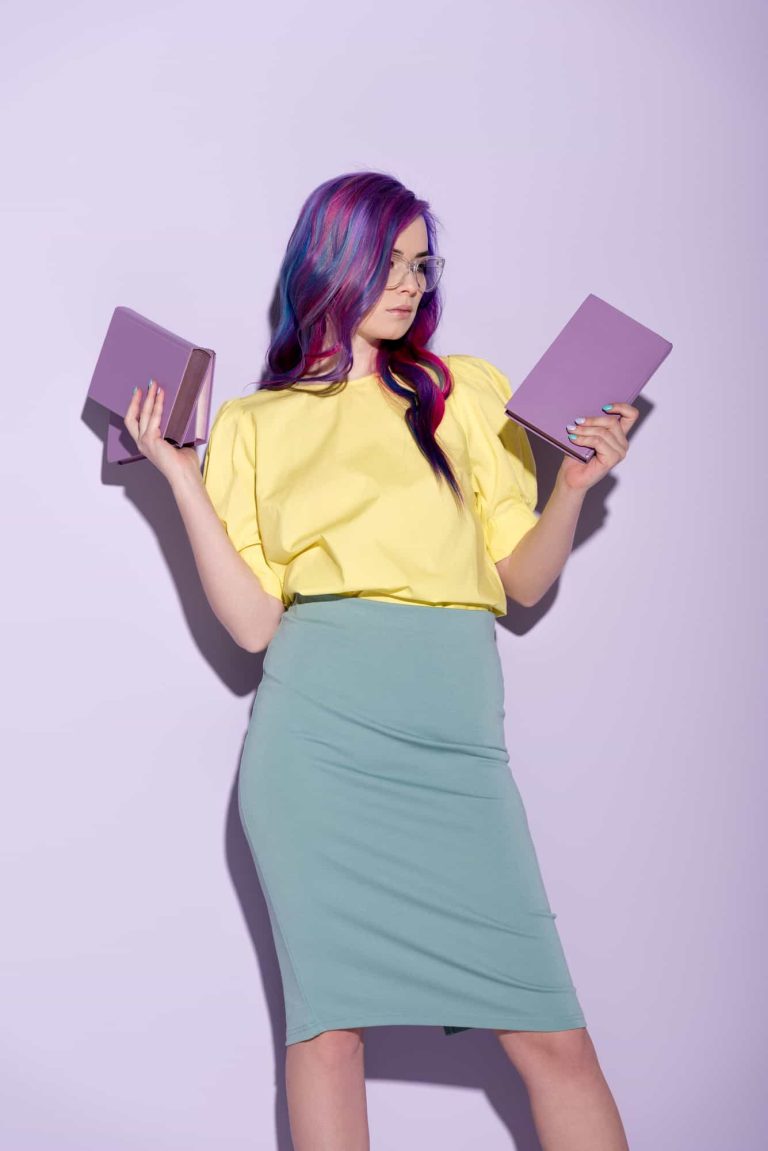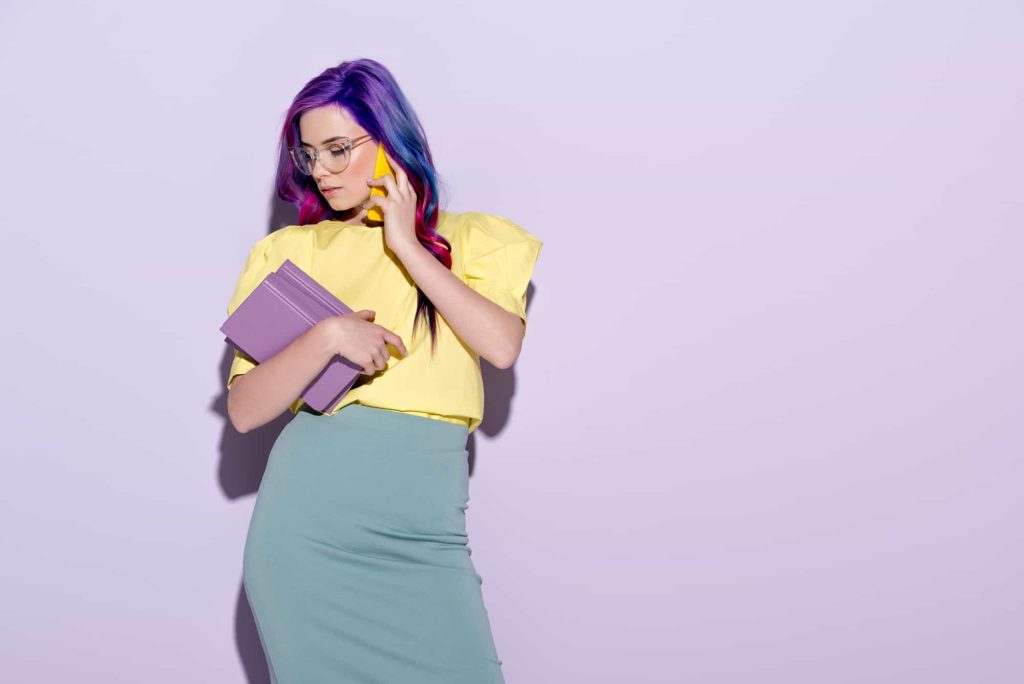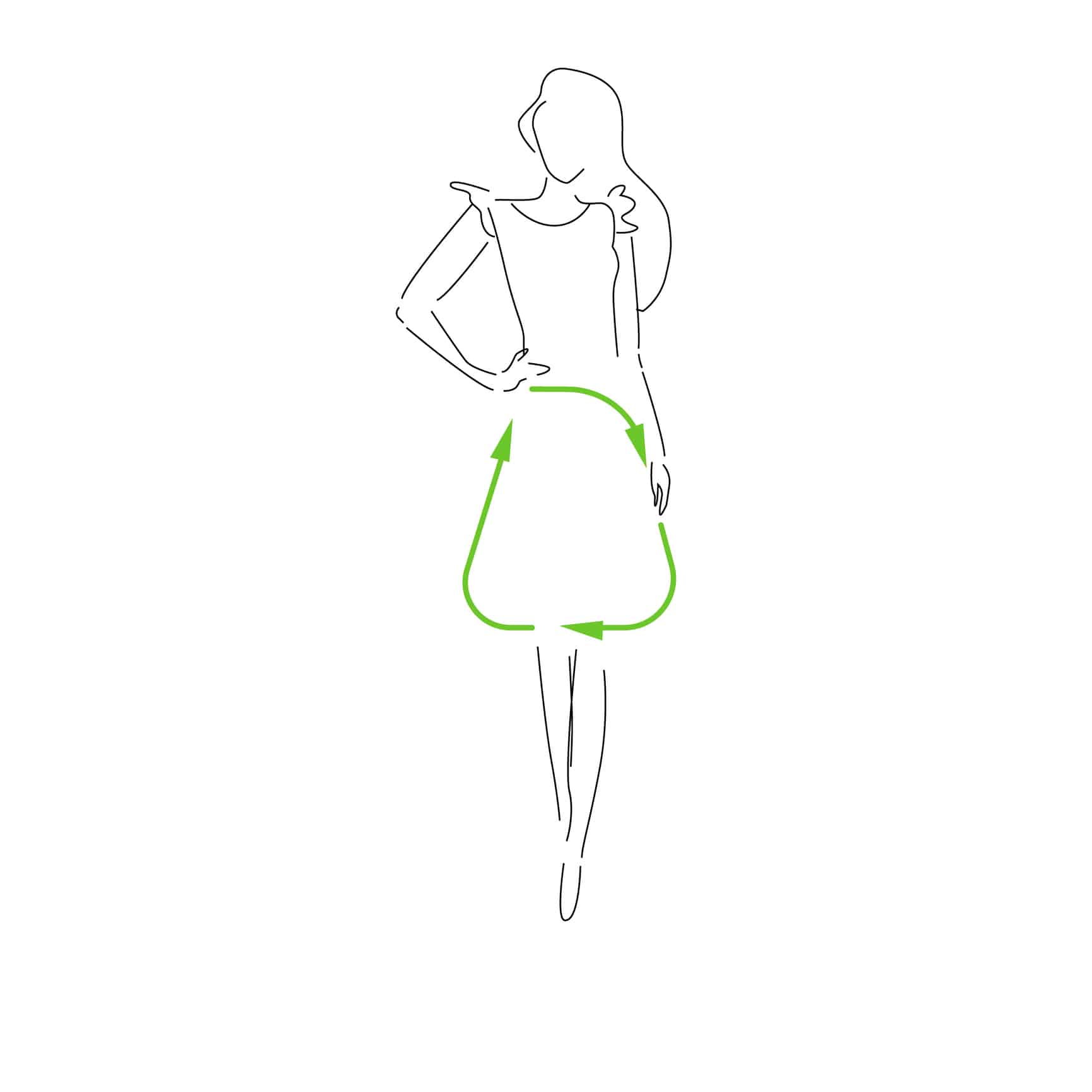Have you ever noticed how quickly your mood changes when you dress into something nicely fitted and colourful? It turns out, what we wear can greatly influence our mood and mindset. Nobody knows this better than fashion psychologists.
A fashion psychologist is someone who works with individuals and companies to define and advise on style choices. According to Dawnn Karen, the woman pioneering the field, fashion psychology examines how colour, image, style, and beauty affect human behaviour.
It is a relatively new field that is very much relevant today, as consumers become increasingly critical of the industry itself.
Here’s everything you need to know about fashion psychology, from what a fashion psychologist does to how to pursue a career in fashion psychology.
Fashion psychology is the study of fashion and its connection to human behaviour. Fashion psychology study the impact of fashion, including clothing and accessories, on wellbeing but also on consumer behaviour, overall performance, and much more.
Beauty is also a focus, as well as self-esteem, confidence, body image, and the selection of models. In relation to money, fashion psychologists examine the debt that comes from excessive spending and over-consumption that leads to the disposal of unwanted garments. As you may already know, fast fashion is the problem of landfill sites. Fashion psychologists are trying to gain a better understanding of why people throw away clothing as easily as they do in order to counteract the environmental crisis – to an extent, at least.
You will notice just in your personal day-to-day life that there are two kinds of people when it comes to fashion. Those who dress to enhance their personality. Or in other words, those who wears clothes that make them feel happy, sexy, and confident. And those who dress down in order to hide from the limelight. How one dresses is a reflection of one’s self-esteem and true personality.
If you are interested in pursuing a career as a fashion psychologist, you might be keen on knowing what the role involves. According to professional fashion psychologists, days are busy and varied in the field. Alongside preparing teaching materials and managing staff, psychologists are also expected to carry out research projects, attend meetings, and communicate with companies wanting to make a positive difference to their customers.

For instance, charities may want to work with fashion psychologists in order to help young people overcome body image issues such as eating disorders. Equally as common and important are organisations in need of an expert to work with older people or people with mental illness to help them boost their self-esteem through fashion.
Life as a fashion psychologist is always interesting and varied. Of course, the kind of work quality you have depends on who you work for and your personal limitations. If you’re your own boss, you get to set the limits. However, you also need to know when to step away and give yourself some time off to recover and recuperate.
You have the freedom to get creative with this job role, and find clients from all walks of life. Because at the end of the day, fashion affects us all and everyone can benefit from a wardrobe improvement.
Would you like to become a fashion psychologist? While it is a relatively new job position, there’s no reason at all why you can’t find success in the field. In fact, experts believe fashion psychology will be a highly in-demand service in the upcoming years, since consumers are more critical of the fashion industry.
If you’re serious about becoming a fashion psychologist, here are some tips for getting your career going.
Study Fashion Psychology
In order to gain a thorough understanding of the field, you’re going to have to commit time to studying the ins and outs of fashion psychology so you can apply it when offering guidance to clients.
At the London College of Fashion, you will find a range of master’s courses that apply psychology to the context of fashion. You can choose between the MA psychology for fashion professionals or the MSc applied psychology in fashion.
To be accepted into one of these programs, you will need to submit a proposal in which you identify an issue in the fashion industry that could be examined using psychological science in order to make a positive impact. This requires creative, critical, and abstract thinking.
Gain Experience
Experience goes a long way in most industries, but especially in the fashion industry since it’s so competitive. You really need to know a lot of people in the industry and get your name out there to land exciting opportunities.
One great way to do that is by getting any kind of hands-on experience, including doing an internship or volunteering for a job role. Alternatively, apply for a low-paid job position in fashion just so you can gain experience, get connections, and add the experience to your CV. It all makes a big difference!
Practice on Your Friends and Family
You know that saying practice makes perfect? Well, it’s absolutely true! In order to become a great fashion psychologist, you really need to dive into the role and start straight away. Stop looking for perfect moments and make the moments happen yourself.
Ask friends and loved ones to volunteer for fashion psychology sessions, and ask them for feedback in return. If they’re happy with your work, request a written testimonial and permission to use it on your website, in your portfolio, on your social media pages, etc.

Fashion psychologists have an interesting and dynamic career role. If you’re interested in becoming a fashion psychologist, we urge you to go for it! Learn as much as you can about psychology and its connection to fashion, get plenty of experience, and practice on your friends and family in return for a review.
This is a career role with lots of potential. In the coming years, it is predicted to become a household service for individuals, groups, and companies throughout the world.
| Cookie | Duration | Description |
|---|---|---|
| cookielawinfo-checbox-analytics | 11 months | This cookie is set by GDPR Cookie Consent plugin. The cookie is used to store the user consent for the cookies in the category "Analytics". |
| cookielawinfo-checbox-functional | 11 months | The cookie is set by GDPR cookie consent to record the user consent for the cookies in the category "Functional". |
| cookielawinfo-checbox-others | 11 months | This cookie is set by GDPR Cookie Consent plugin. The cookie is used to store the user consent for the cookies in the category "Other. |
| cookielawinfo-checkbox-necessary | 11 months | This cookie is set by GDPR Cookie Consent plugin. The cookies is used to store the user consent for the cookies in the category "Necessary". |
| cookielawinfo-checkbox-performance | 11 months | This cookie is set by GDPR Cookie Consent plugin. The cookie is used to store the user consent for the cookies in the category "Performance". |
| viewed_cookie_policy | 11 months | The cookie is set by the GDPR Cookie Consent plugin and is used to store whether or not user has consented to the use of cookies. It does not store any personal data. |
Create your free account and begin your sustainability journey.

